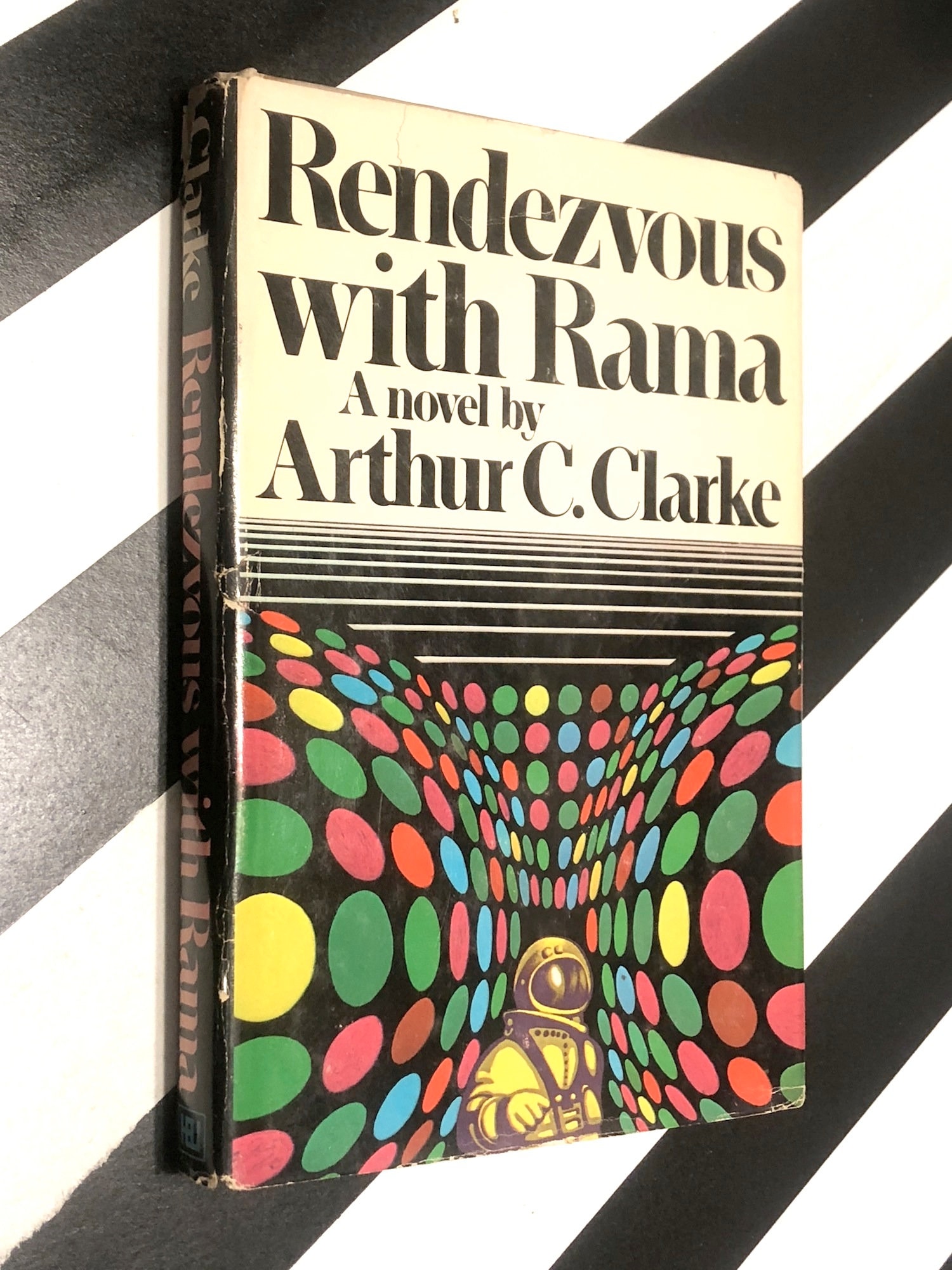


It's not painfully technical, but it was written in a different age. (But be warned, the pacing is much different than The Martian. It's an interesting story, but probably *mostly* interesting for people interested in the genuine science of interstellar/interplanetary travel.įor example, if you enjoyed The Martian, you have a good chance of liking this book. How could you generate gravity on a spaceship? How would it travel? What would the aliens be like? What would the purpose of these various pieces of the ships be? (Such as, for example, a large body of water, or featureless buildings on an island? The basic premise of the story is: In the future, humanity finds a alien spacecraft and investigates it.Ī lot of the joy of exploration comes from the theory of how a spaceship might really work in terms of physics. But what I really mean to say is that this is a story where the science is one of the central aspects of the story. It's tempting for me to call this book "Traditional Science Fiction." Or "Classic Science Fiction" or something along those lines. I don't know why that strikes me as strange, but it does. It's odd to think that this book was published 40 years ago. Clarke also won the Nebula Award of the Science Fiction Writers of America in 1972, 19, the Hugo Award of the World Science Fiction Convention in 19, and in 1986 became Grand Master of the Science Fiction Writers of America. Campbell Award for his novel Rendezvous With Rama.

He is past Chairman of the British Interplanetary Society, a member of the Academy of Astronautics, the Royal Astronomical Society, and many other scientific organizations.Īuthor of over fifty books, his numerous awards include the 1961 Kalinga Prize, the AAAS-Westinghouse science writing prize, the Bradford Washburn Award, and the John W. He is best known for the novel and movie 2001: A Space Odyssey, which he co-created with the assistance of Stanley Kubrick.Ĭlarke was a graduate of King's College, London where he obtained First Class Honours in Physics and Mathematics. He spent the first half of his life in England, where he served in World War Two as a radar operator, before emigrating to Ceylon in 1956. Sir Arthur Charles Clarke was one of the most important and influential figures in 20th century science fiction.


 0 kommentar(er)
0 kommentar(er)
